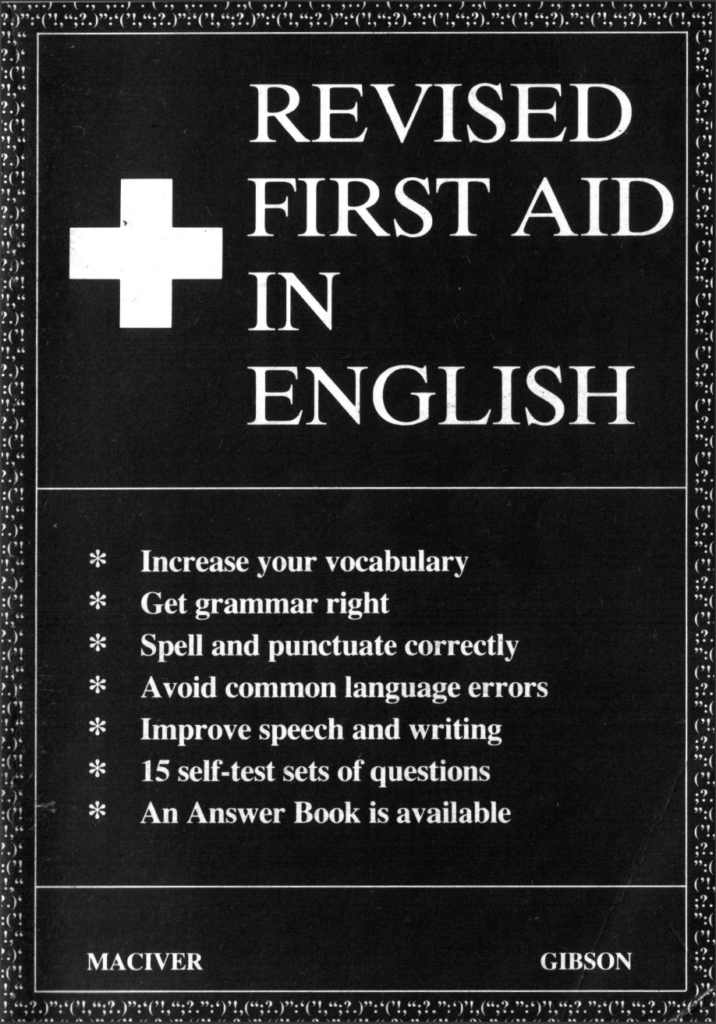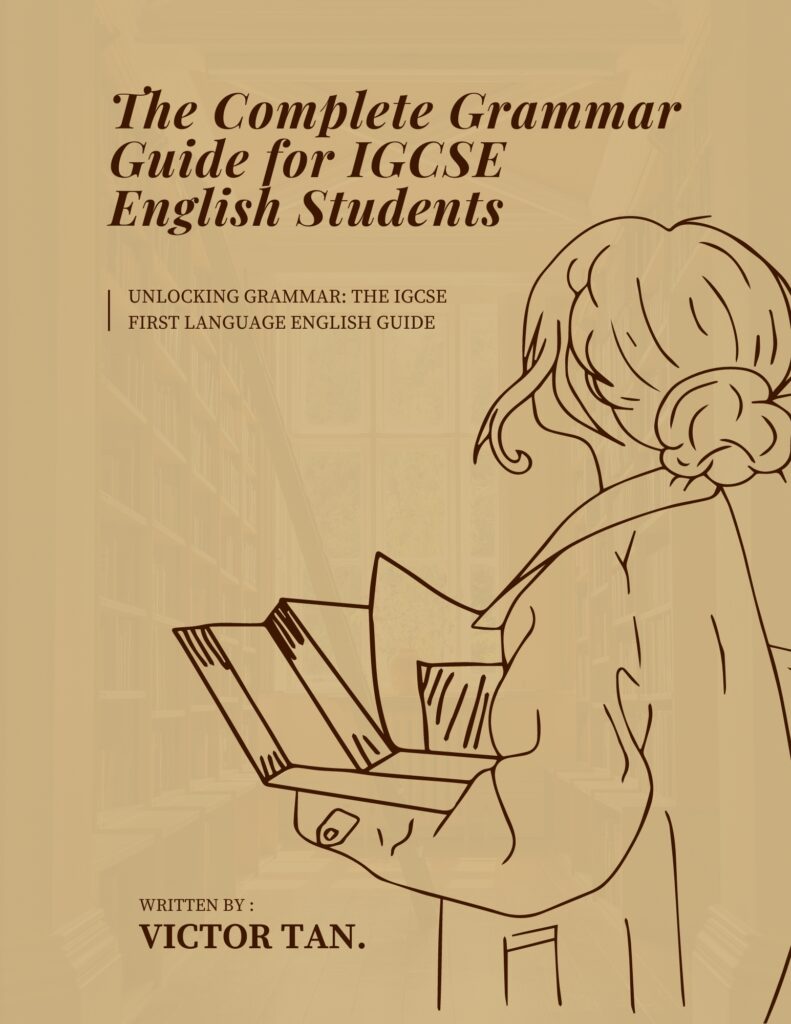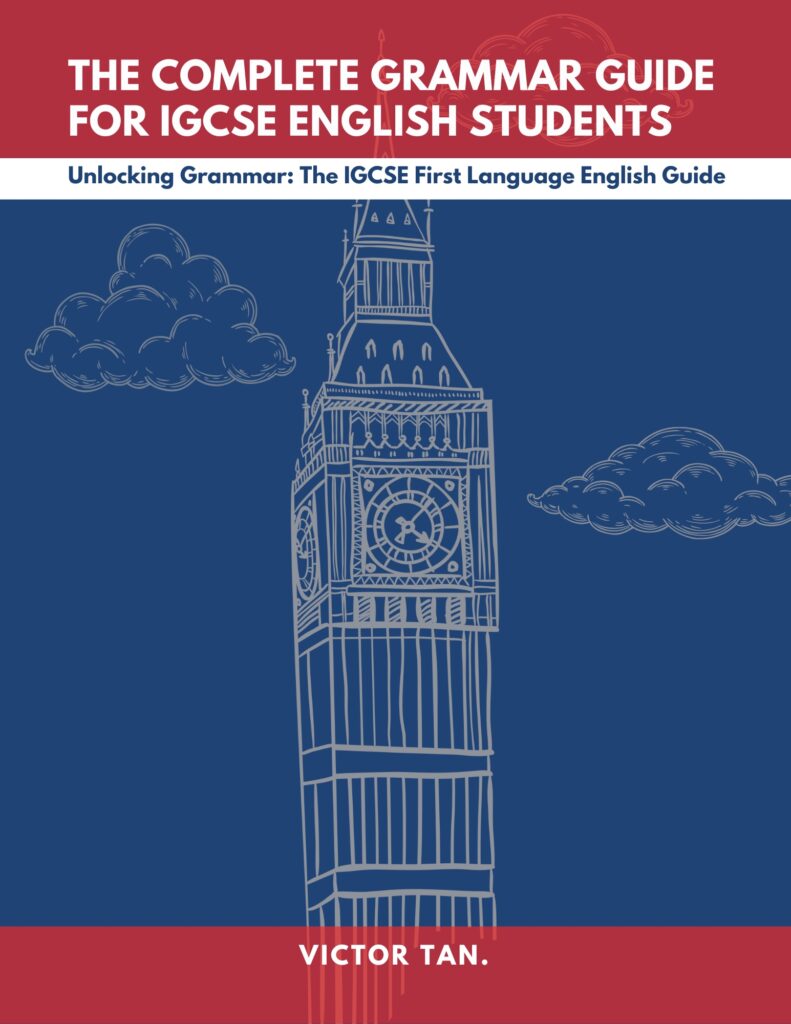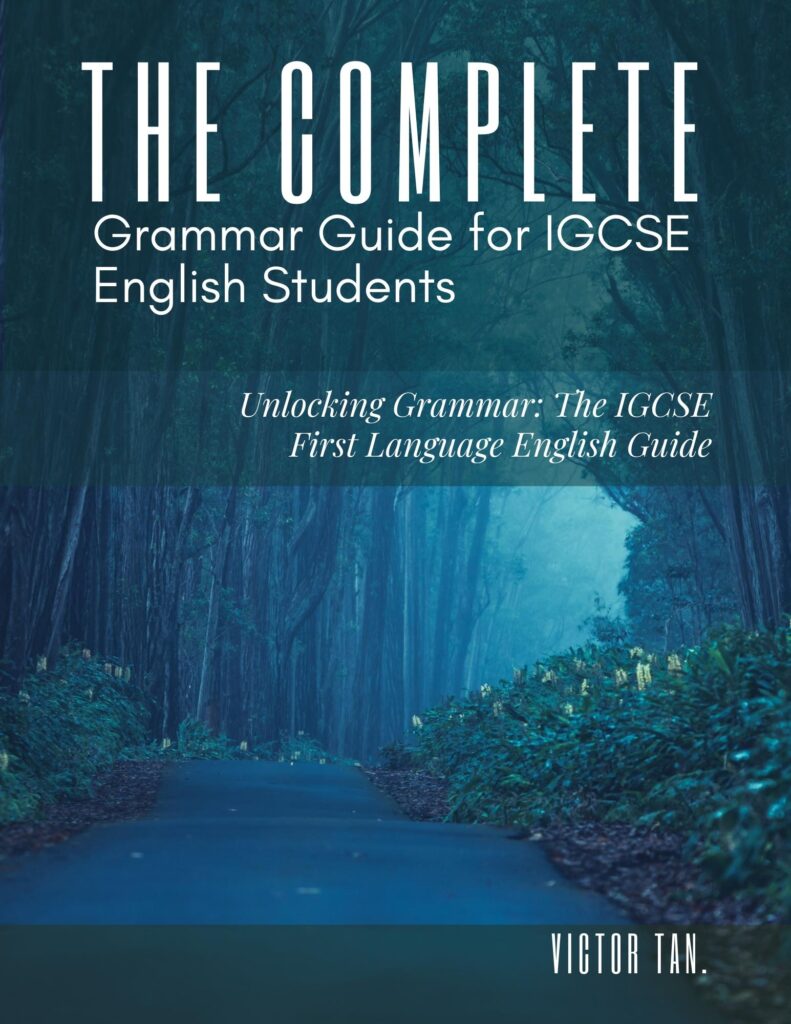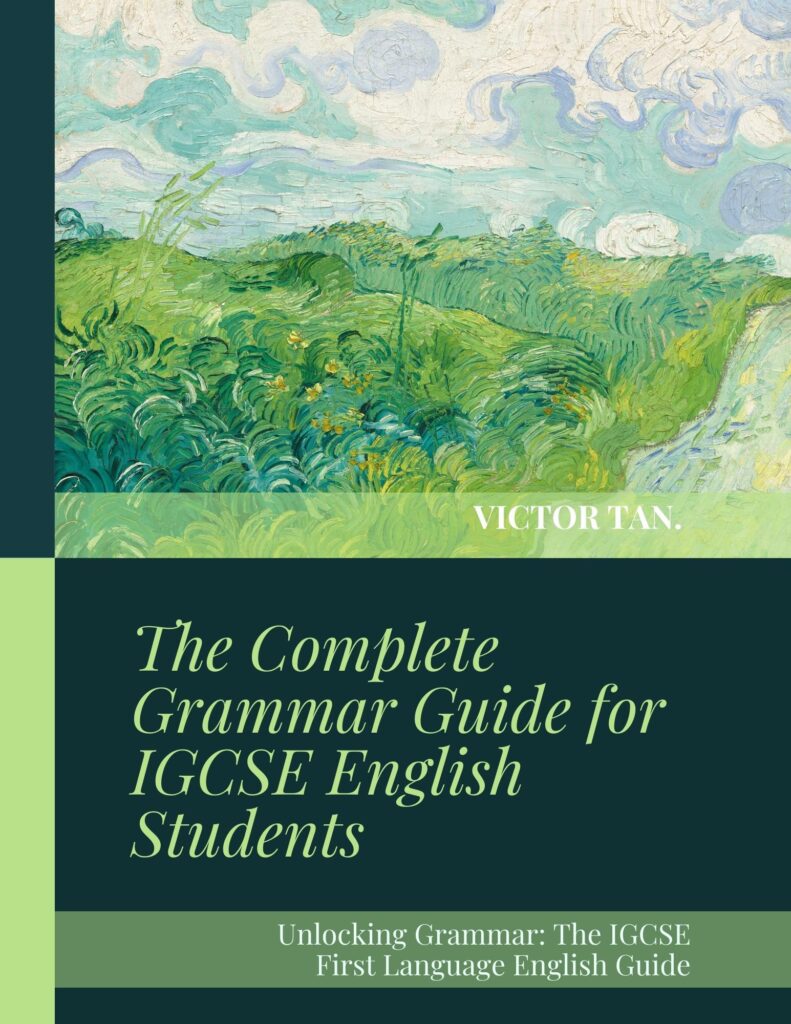The IGCSE Grammar book has been completed and has finally been sent for formatting, and you have NO IDEA how relieved I am.

It’s been a full labor that has involved crafting a 250-page collection of grammatical terms and reviewing various other things; I’ve not just affirmed the standard grammatical rules that defined my repertoire, but also become able to know exactly what appositives, pluperfect subjunctives, modifiers, clauses, phrases, adverbials, attributive/predicative adjectives, common/collective/distributive plurals are, and also to be able to understand almost every single possible variant of sentence and how to break it down to its elements through the long process of obtaining feedback, advice, and guidance not just from different teachers, but also with some of you along the way.
Simply put, it’s been tough because I’ve been trying to be comprehensive, and also because I’ve been trying to balance many different things which I’m not great at balancing just yet, but am getting better at through the storm.
Through the vicissitudes of this journey, I’ve gone through the process of learning many things that I hadn’t learned before, and come into contact with ideas aplenty that I had scarce experienced in the measure that perhaps I should have; somewhere along the way, it led me into a space of deep clarity that brought me into a sort of rhythm that characterized my daily life and began to suffuse it with learning, reading, and reasoning aplenty about the language by which I’ve come to ply my entire trade and in turn yielded knowledge greater than I ever imagined possible.
Strangely enough, it’s the third book I’ve written this year after many years of not being able to write a single one, which in turn led me to wonder about how this was possible for a while, only to realize that it hasn’t changed what I’ve had to do. Anyway, I’m sorry that it took a bit longer than some of you may have expected, but I had to ensure that this was executed well, and am confident that this will be something incredible that will help you all to level up.
Looking forward to updating you guys soon-ish!
V.


